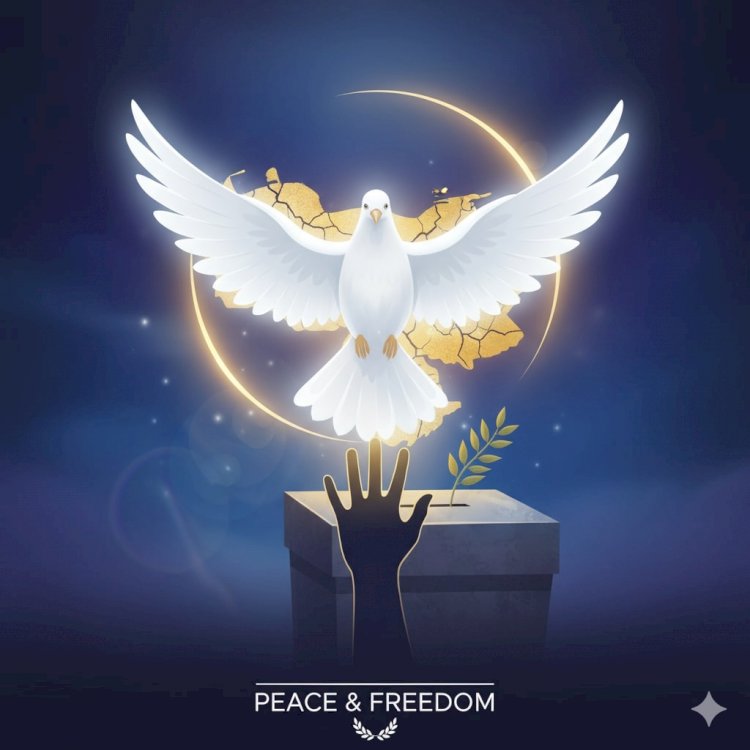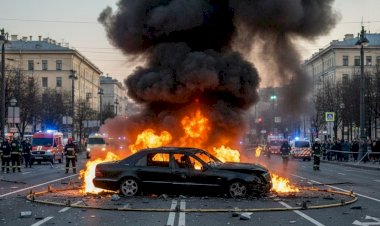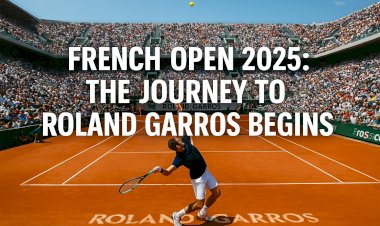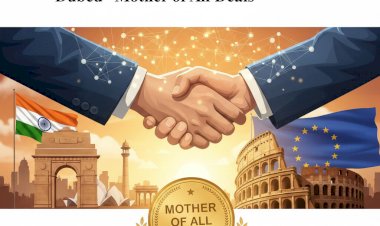From 'Iron Lady' to Laureate: Machado's Controversial Nobel Win Puts Spotlight on Venezuela’s Fight

OSLO, NORWAY – The 2025 Nobel Peace Prize was awarded on Friday to Venezuelan opposition firebrand María Corina Machado, a decision that has sparked as much international debate as it has celebration. The Norwegian Nobel Committee lauded Machado for her decades-long, non-violent struggle to restore democracy in Venezuela, hailing her as a woman who keeps "the flame of democracy burning amid a growing darkness."
However, the award immediately drew sharp contrasts, highlighting the deeply polarized nature of her politics and the geopolitical tensions surrounding the prize.
The Unifier vs. The Polarizer
The 58-year-old industrial engineer and former National Assembly member has been the enduring face of opposition against the socialist governments of both Hugo Chávez and Nicolás Maduro. The Nobel Committee praised her role as a "key, unifying figure" for the opposition, noting her successful mass mobilization efforts and her principled stance on demanding free elections.
Yet, Machado, often dubbed Venezuela’s "Iron Lady," is not without controversy. Critics point to her past, thinly veiled calls for foreign military intervention to oust Maduro, an element that complicates the award’s "peace" mandate.
Furthermore, her ties to conservative, right-wing political figures, including former Brazilian President Jair Bolsonaro and current US President Donald Trump, have fueled criticism from the Latin American and international left, who accuse her of being aligned with "Western imperial politics." Venezuelan ruling party lawmakers condemned the prize as "shameful," calling her an agent of political instability.
The Trump Connection: A Snub and a Dedication
The award was framed globally by the dramatic snub of President Donald Trump, who had aggressively campaigned for the prize and claimed credit for resolving numerous international conflicts. The Committee's selection reaffirmed its historical preference for recognizing enduring human rights and democracy work over political fanfare.
In a highly symbolic move, Machado dedicated her award not only to the Venezuelan people but specifically to the bypassed US President.
"We are on the threshold of victory and today, more than ever, we count on President Trump... as our principal allies to achieve Freedom and democracy," Machado stated in her first reaction.
President Trump, in turn, confirmed the call, claiming Machado told him she was accepting the prize "in honour of you because you really deserved it." This exchange—a political dedication by the laureate to a defeated nominee—underscores the inextricable political nature of the 2025 prize.
A Beacon of Hope Amid Repression
Despite the political noise, the award serves as a powerful shield and recognition for Machado and the broader Venezuelan pro-democracy movement. Disqualified from running for the presidency and forced into hiding following last year's disputed election, Machado has continued to operate inside Venezuela under threat of arrest.
The United Nations Human Rights Office welcomed the decision, stating the recognition "reflects the clear aspirations of the people of Venezuela for free and fair elections, for civil and political rights and for the rule of law." The international spotlight brought by the Nobel Prize is widely expected to give Machado an unprecedented level of political protection as her struggle continues.

 content-team
content-team 


















